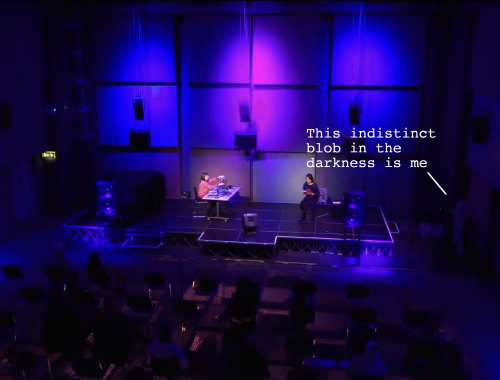Its okay to make mistakes
How did I end up here?
In my previous blog posts, I have mentioned how worried I was about my CV, the simulated interviews I undertook and how I should go about them. Being nervous about not getting a job, I finally succeeded in getting an accepted placement role at Waddell media in Holywood. How did I get this job role? Was it the experience I put in my CV? Was it how I presented myself in the interviews? Who knows. Even though I achieved this opportunity myself, it doesn’t mean that there are not more obstacles to come – this is just the beginning. In placement year, it’s a good experience to solve problems and work things out when times get tough in the workplace.
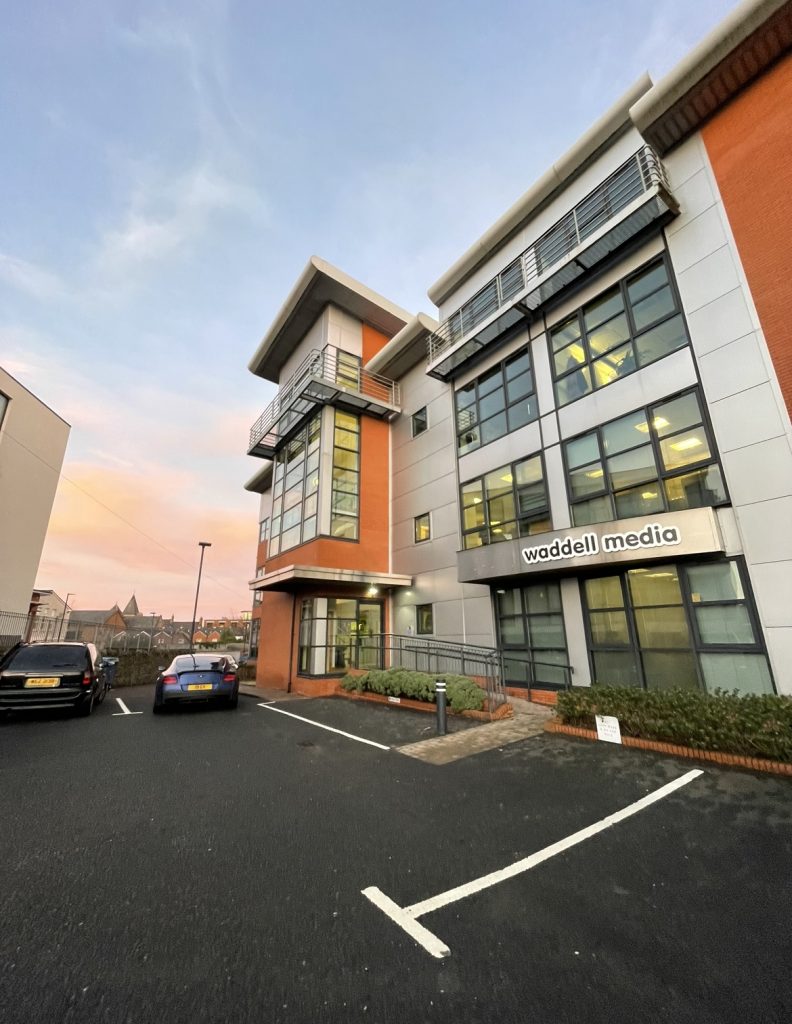
This blog is to reflect on my time working at Waddell Media. I will discuss some of the challenging tasks and aspects of my work at Waddell Media and how I have overcome them. I understand that overcoming certain challenges with the workplace, will grow my skills following my degree. I’ll be using the Gibbs Model of reflection that I have used in previous blogs. This reflective cycle can help me understand the process I went through to overcome tasks within my workplace, and document my thoughts/feelings throughout.
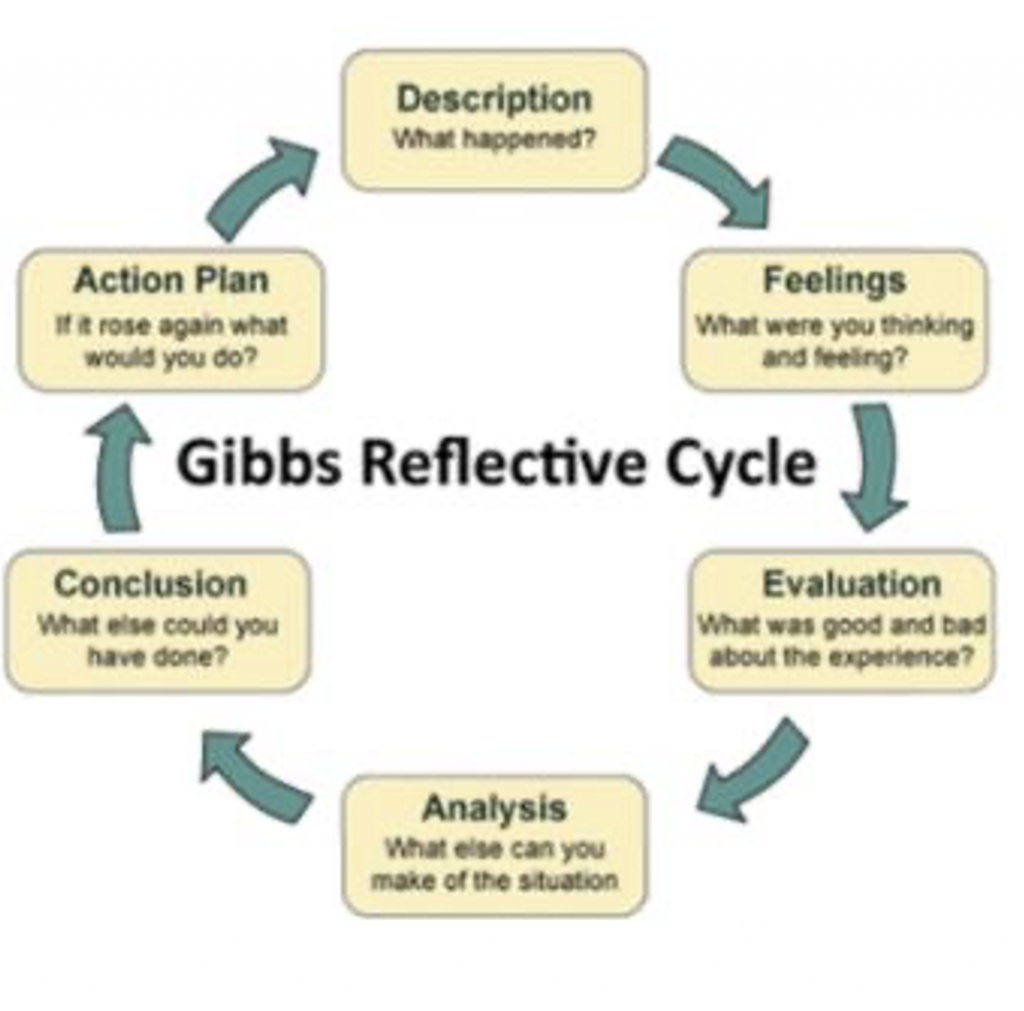
Description
I began my placement at Waddell Media from the start of January to the end of February, working and shadowing with development and post production. It was a fantastic experience, however challenging at times. My role was to help the development team find potential characters for upcoming shows, deploy new show ideas, and to help out the camera crew when filming. It was great to be part of a team in this industry, and I learnt so much within this firm in both positive and negative ways.
Feelings
At the beginning of the placement, I felt excited; as working within this industry is something that I’ve always been excited about. Even though development isn’t my speciality (post-production is something I’d be more interested in), I was still keen to help. When going out, I was asked to film interviews for future shows. I found working with new cameras to be overwhelming as they were very high-tech, and more advanced than what I was used to. My initial reaction was try and figure out the cameras myself, but I quickly realised I was in over my head and asked or assistance. Having someone take the time to explain the special features and support me through my learning, helped me feel confident. Reflecting on my first use of high tech cameras, I can now see the benefit of asking for help as it encourages growth.
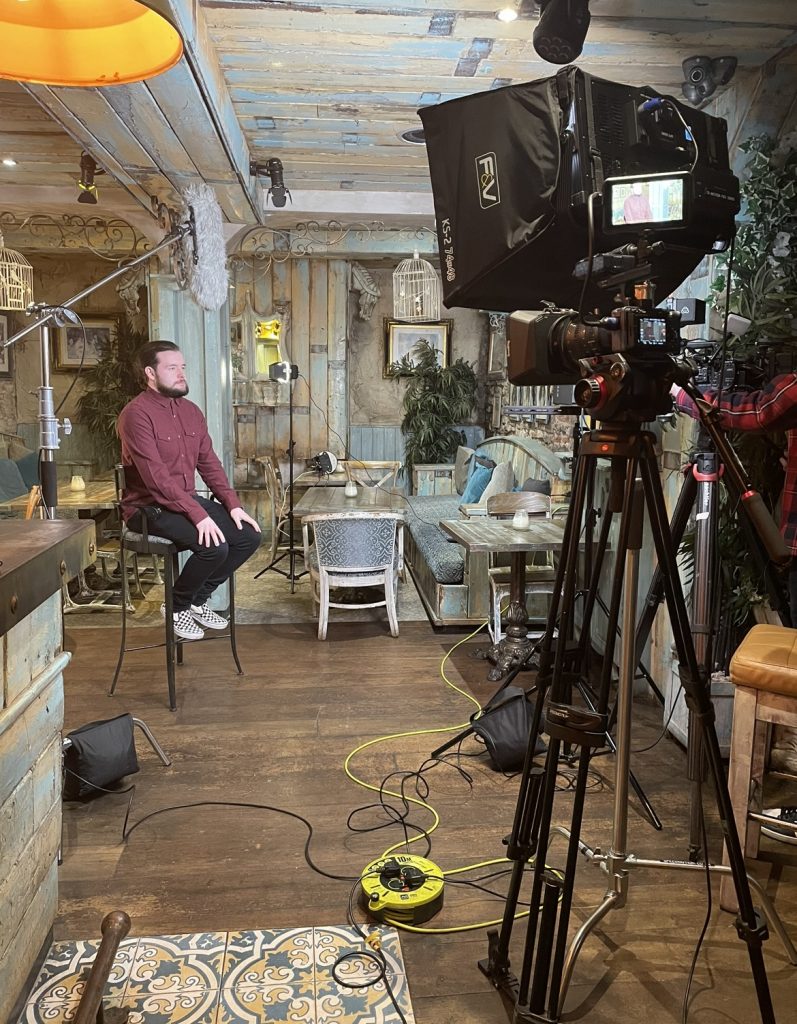
Evaluation
Before starting my placement at Waddell Media, I had only used DSLR cameras and Blackmagic cameras at Queen’s University, which did help me figure out how to use the cameras that Waddell Media used. I knew if I handled a camera before like the ones they use at Waddell, I would know about all the buttons, wires etc. To help me gain this knowledge and make sure I was prepared for what I was doing, I used Youtube. By doing this, I was able to see the same cameras being used and how the buttons and different modes worked. This helped me massively, as it showed me physically what to do and gave information on what each mode done within the camera. Getting supported by the crew at Waddell Media helped also, as they had experience and could educate me, giving me a significant insight into the type of production they do.
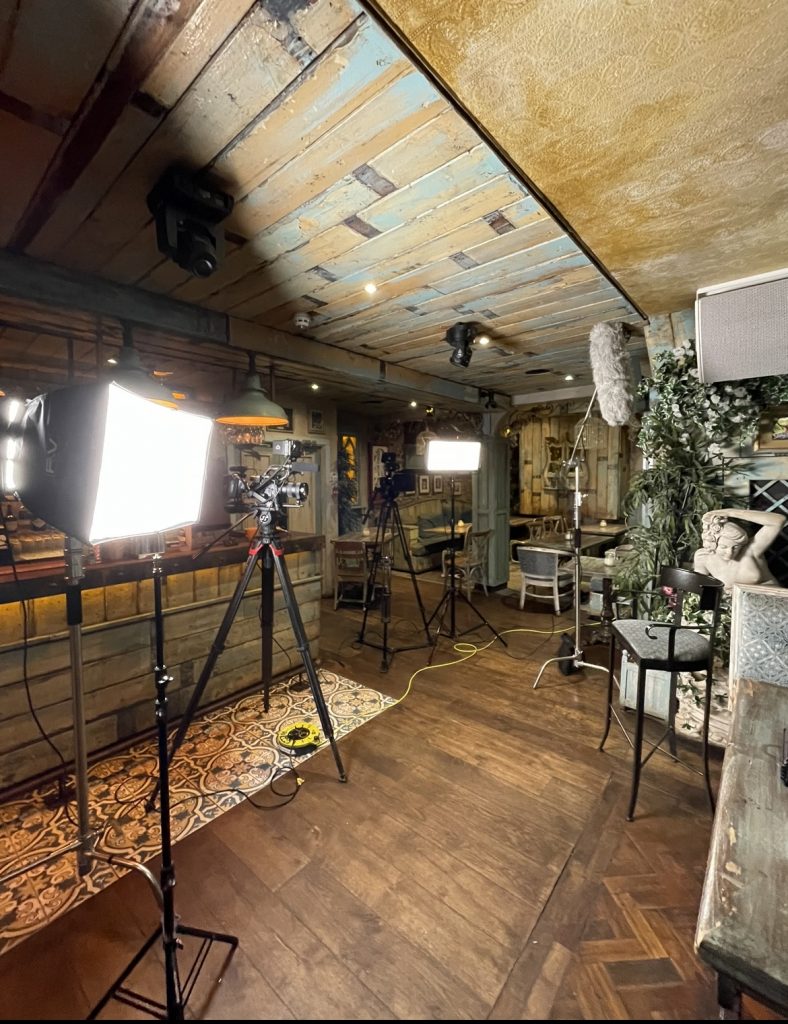
Analysis
After I shot some interviews with the camera, I looked at it from an audience’s perspective, as well as the director’s perspective. I’m very critical of my work, and it’s essential to have this standpoint when involved, especially in this industry. I looked at it, questioning, did I use the rule of third?. Is there a lot of space beside their head? Was there any sudden movement within the shot that could ruin it? I constantly asked these types of questions after filming. This reflection helps make future content or interviews better, and it helps gain perspective. Everyone makes mistakes, and I think it’s best to learn on the job. I appreciated the crew at Waddell Media, they gave me guidance and time to learn – they were patient with me throughout the placement. “There are no secrets to success. It is the result of preparation, hard work and learning from failure.” (Colin Powell, ). As Powell says, learning from failure makes you do better in the future, as failure is the secret ingredient to success.
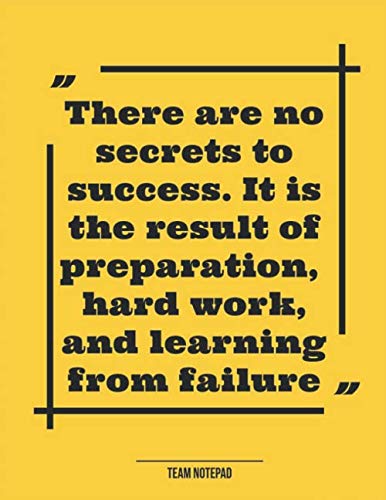
Conclusion
“It’s okay to make mistakes; Mistakes are our teachers- they help us learn” (John Bradshaw, ). As this quotes states, I believe experience forces you to grow and develop, It encourages knowledge and, in turn, builds confidence. Yes, you can still make mistakes in everyday life situations; even the people working in Waddell Media make mistakes daily, and that is okay. I have gained so much knowledge/skills on how to use the advanced cameras that I was scared of at the start, but making a few mistakes on the job has helped me learn.
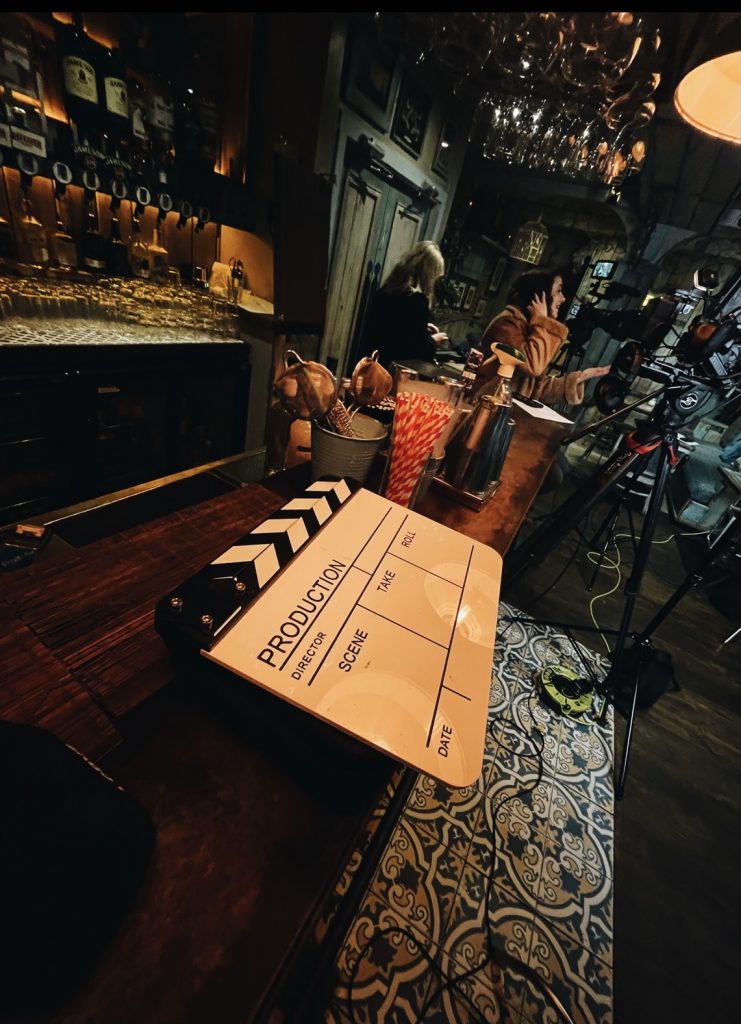
Action plan
Since working at Waddell Media, I have realised that mistakes can occur within this industry, and it’s okay. We can get through it! As long as you have learnt from the errors and process, that’s all that’s matters. Working here has opened my eyes, and I have gained knowledge not just with cameras but within the industry and how every second, minute, hour counts when working in this industry.
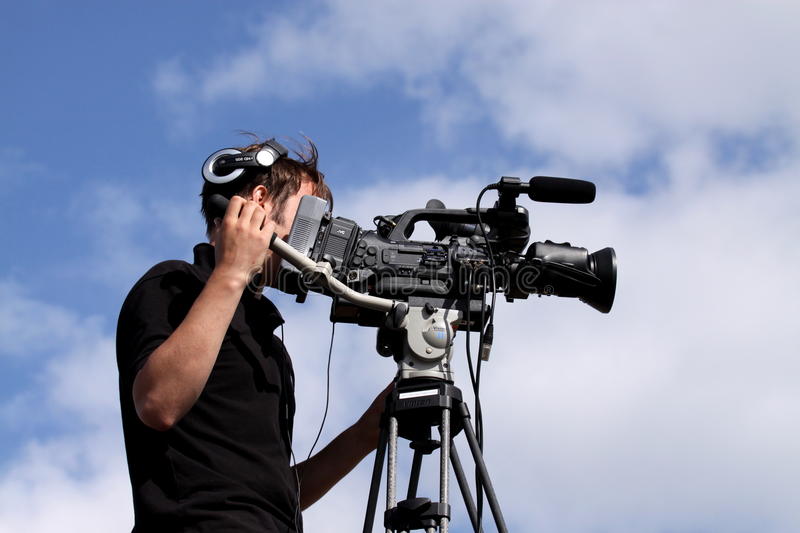
Work Cited
Figure 1 -Self made original picture
Figure 2 – https://www.mindtools.com/pages/article/reflective-cycle.htm
Figure 3 – 2016. Waddell Media Showreel 2016. Available at: <https://www.youtube.com/watch?v=3CGFMusrw6g> [Accessed 29 September 2016].
Figure 4- Self made original Picture
Figure 5 -Self made original Picture
Figure 7- Self made original Picture
Figure 8-https://www.dreamstime.com/photos-images/cameraman.html
Gibbs, G. (1988). Learning by doing: A guide to teaching and learning methods. London: Further Education Unit.
Losing Focus
How did I end up here?
You May Also Like

27 March 2022
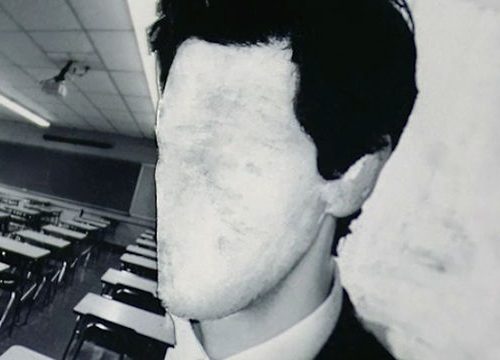
The Equity Of Detachment
25 March 2022